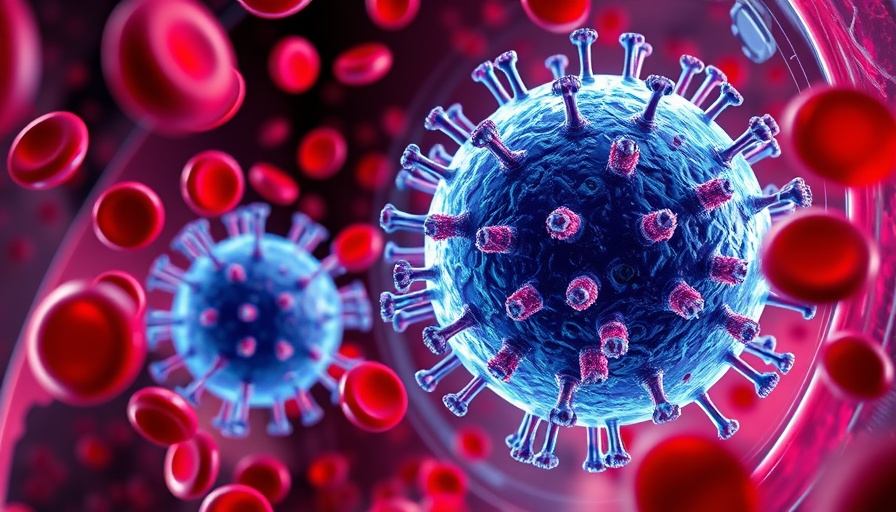
The Future of Cancer Treatment: Advancements in CAR T-Cell Therapy
In an exciting development for cancer treatment, researchers at the University of Pennsylvania have unveiled promising results from a next-generation CAR T-cell therapy designed for lymphoma patients who have previously failed conventional CAR T treatments. This enhanced therapy, known as huCART19-IL18, targets the CD19 protein and adds a powerful boost by secreting interleukin-18 (IL-18), a cytokine known to intensify the immune response against tumor cells.
The Key Findings: A Glimmer of Hope
The clinical trial outcomes were remarkable, with an astonishing 81% of patients responding positively to the treatment within three months of infusion. Of these, over half achieved complete responses. The median duration of response reached 9.6 months, with some patients experiencing durable remission lasting beyond two years. These results underscore the potential of cytokine-armored CAR T-cell products as viable alternatives for patients weary from previous therapies, a situation that all too often leads to dismal prognoses.
Understanding the Mechanism: How Does it Work?
Traditional CAR T-cell therapies have been life-changing for many. However, about fifty percent of patients do not achieve lasting remissions. This is where huCART19-IL18 distinguishes itself; by secreting IL-18, it enhances the ability of engineered T-cells to recruit more immune cells, thus boosting their cancer-fighting power. This innovation offers a new avenue for patients who have exhausted other treatments.
An Insightful Perspective: The Importance of Rapid Manufacturing
One notable advantage of this new treatment is its streamlined manufacturing process, completed in just three days. This rapid production can significantly reduce wait times for patients, who are often in desperate need of effective therapies. By cutting the previous lag time associated with CAR T-cell therapy, huCART19-IL18 not only preserves patients’ health but also alleviates the emotional toll that comes with waiting for treatment.
Statistical Highlights: A Promise of Efficacy
Among the 21 patients involved in the trial, the median progression-free survival was reported at 8.7 months, with nearly half (48%) alive at the 15-month mark post-infusion. This data illustrates a significant improvement over traditional CAR T-cell therapies and showcases the importance of ongoing research and development in the realm of cancer treatment.
Counterpoints: A Critical Analysis of CAR T-Cell Therapy’s Efficacy
While the findings from this phase I trial are promising, it's essential to acknowledge the limitations and risks associated with CAR T-cell treatments. The safety profile of huCART19-IL18 aligns closely with existing CAR T-therapies, but further studies are necessary to comprehensively evaluate long-term effects and ensure the well-being of patients.
What’s Next? Future Directions for CAR T-Cell Therapy
As the medical community prepares for the next steps regarding this groundbreaking therapy, there are expectations for additional clinical trials aimed at validating these early findings. The potential integration of such advanced treatments not only aims to improve survival odds but also enhances the overall quality of life for patients battling lymphoma and similar malignancies.
Engagement: Your Role in Advancing Cancer Care
As healthcare professionals, being well-informed about the latest advancements in CAR T-cell therapies is crucial. By staying updated and participating in continued education, you can contribute to more effective disease management strategies and improved patient outcomes. For instance, explore new clinical research updates that may impact your practice and discuss these findings with peers in order to foster an environment that prioritizes patient-centered care.
 Add Row
Add Row  Add
Add 




 Add Row
Add Row  Add
Add 

Write A Comment